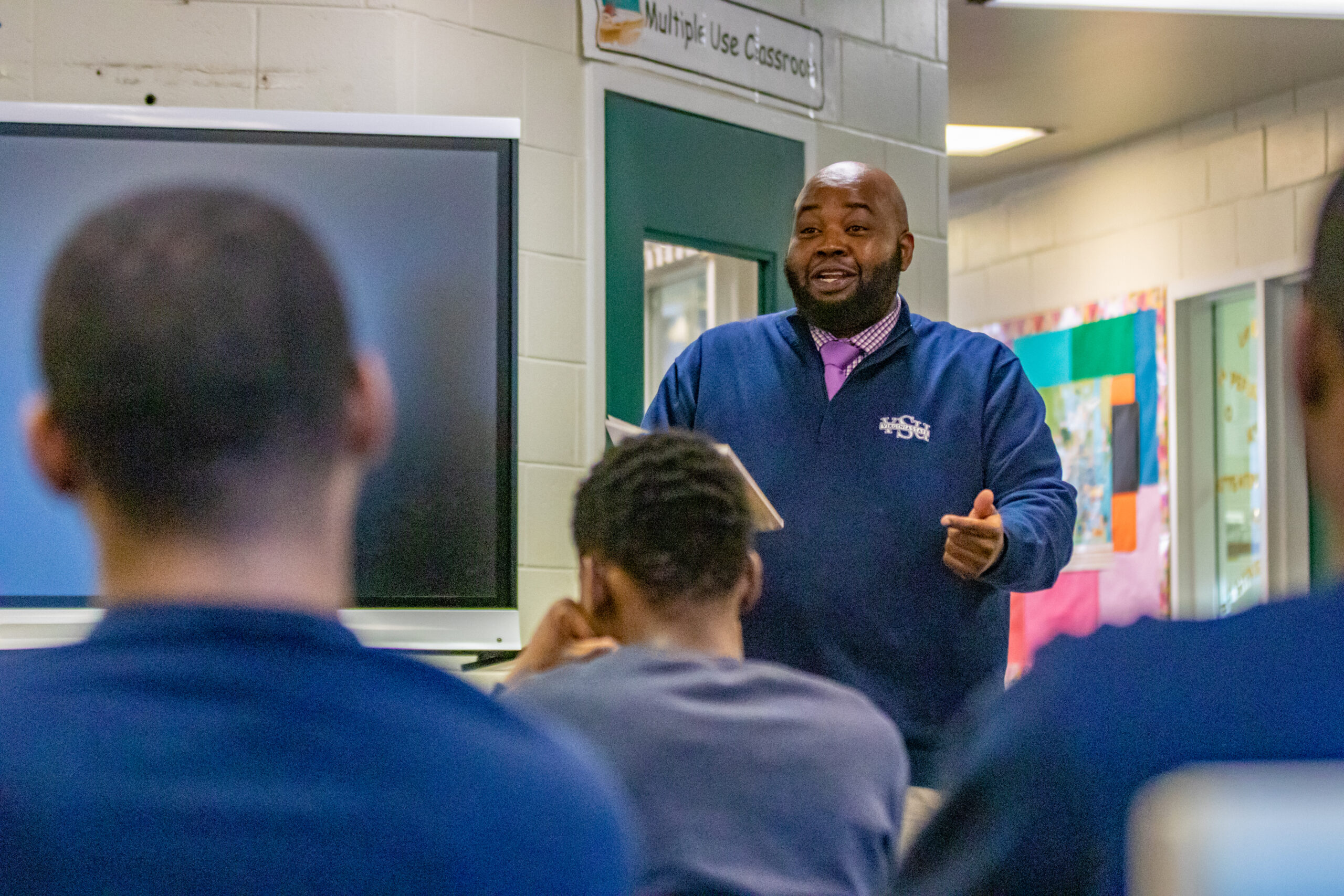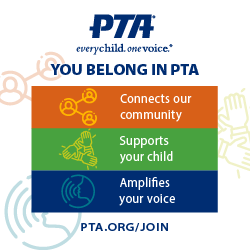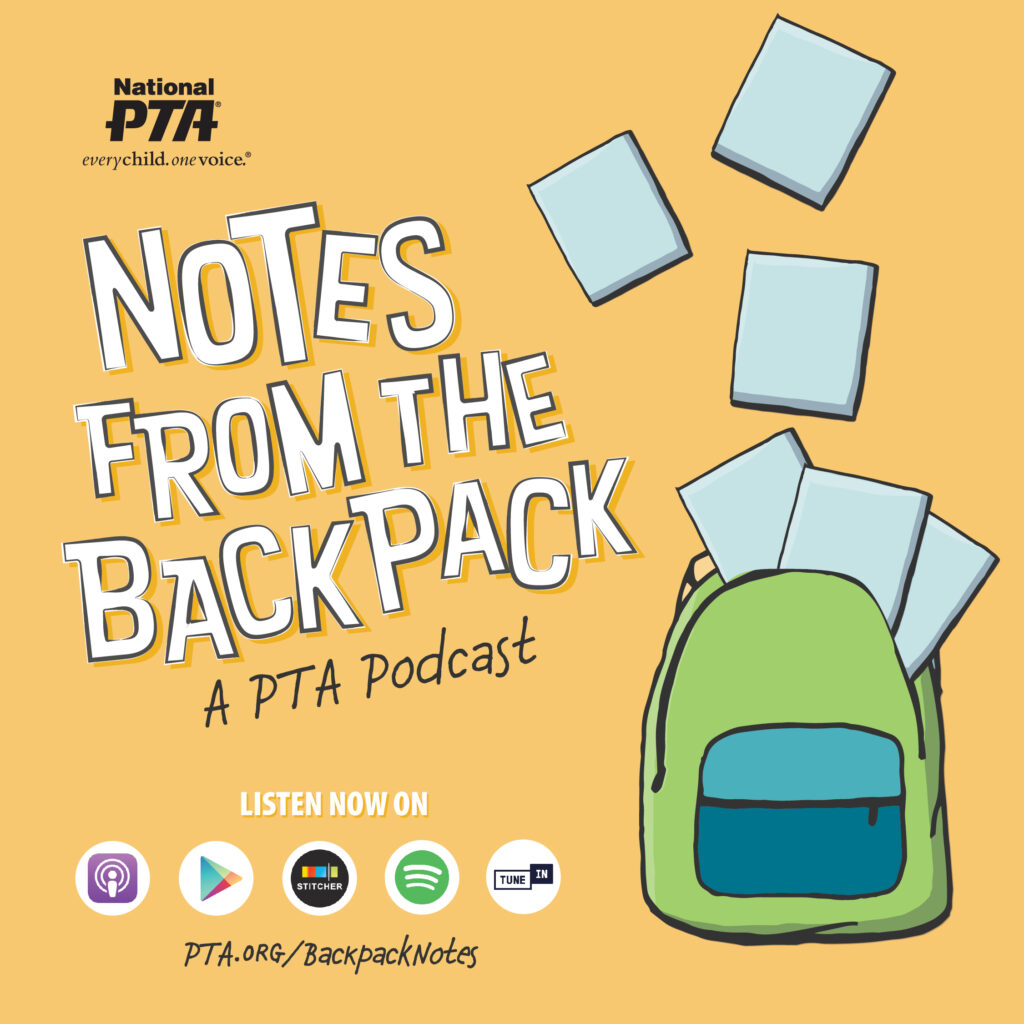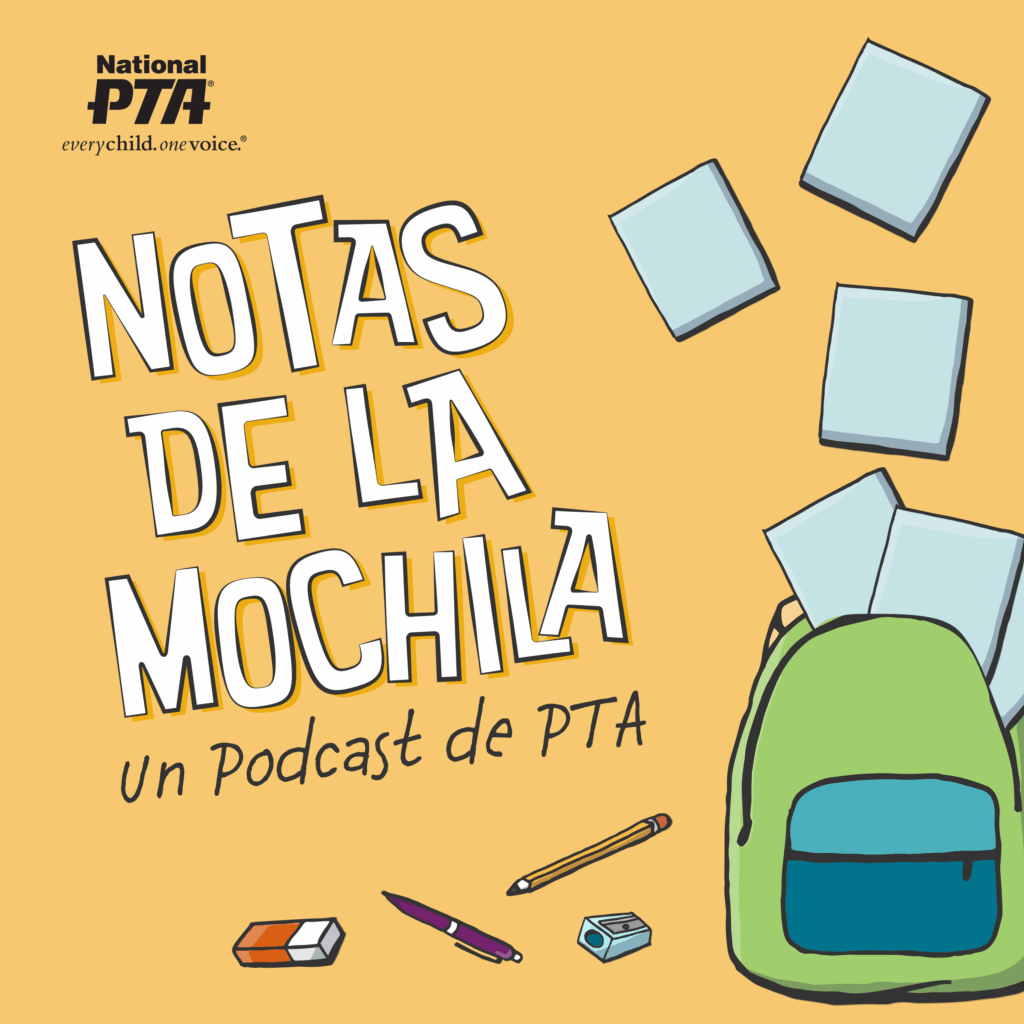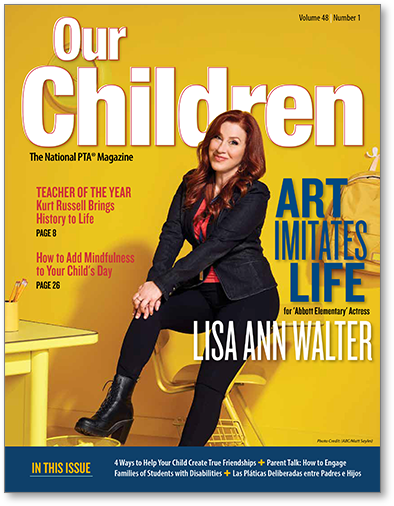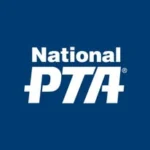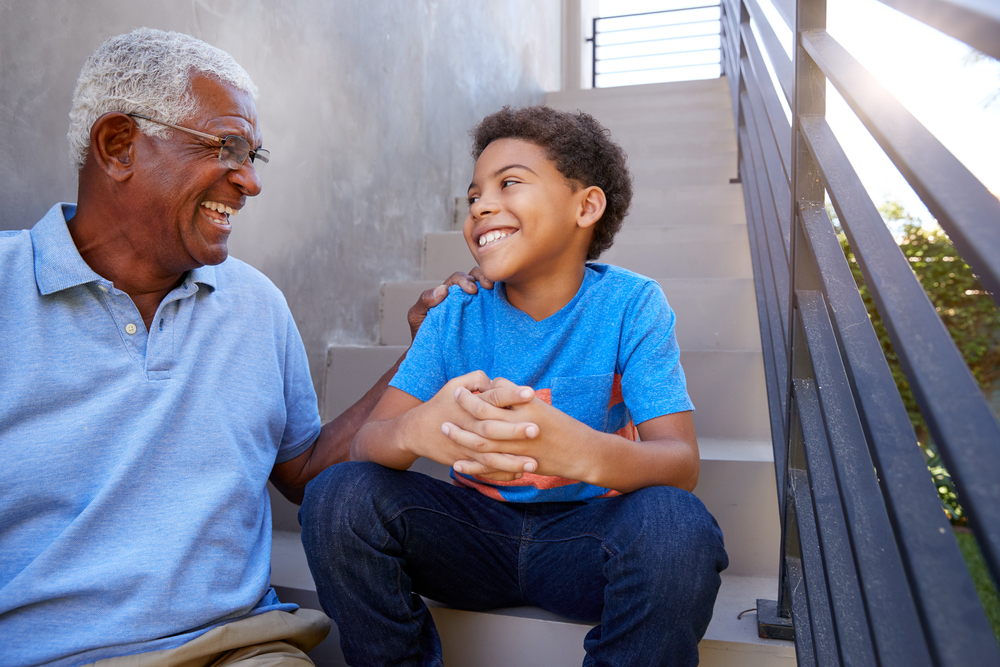How do you reach through the barriers of poverty, violence and generational inequality to inspire hope? And how do you show a child who has been told at every turn that they are worthless that in fact, their future is as bright as they want it to be? For Rodney Robinson, the 2019 Teacher of the Year, the answer was obvious—we need new solutions to old problems.
“I always wanted to work with students who needed a little bit more attention,” said Robinson.
A Community in Need
In his Southwest Virginia school district—where poverty and inequity are challenges to learning and achievement for black and brown students—having an encouraging role model in the lives of youth is especially important.
In 2015, Virginia was the number one state in the country for referring students to juvenile detention centers. Robinson believed the school-to-prison pipeline was in part caused by Virginia schools routinely giving out punitive and demoralizing consequences to students with emotional, mental and behavioral difficulties. And he wanted to do something about it.
“I wanted to become that figure in front of my students to truly model that they could be whatever they wanted to be,” said Robinson.
So, he joined the staff at the Virgie Binford Education Center within the Richmond Juvenile Detention Center as a social studies and history teacher and began inspiring his students to build a bridge towards a better life and a second chance.
“It’s important for me to help set a positive mindset for my students at all times,” said Robinson. “I always want to help them go beyond what they’ve seen and create new goals. Our school is full of murals and displays where they can see the multiple possibilities that are available to them. We transformed our school building from a juvenile detention facility into a place of inspiration.”
Teaching the Whole Child
Robinson, who has taught for 19 years, was selected as the 2019 Teacher of the Year by a committee of renowned education organizations—including National PTA—which collectively represent over seven million educators, parents and students. He began his teaching career in 2000 as a middle and high school history teacher to honor his mother.
“My mother always wanted to become a teacher, but with the segregationist policies in the South at the time, she wasn’t able to fulfill that dream, or even graduate high school,” he said.
Instead, his mother ran an in-home daycare center where Robinson watched her daily interactions with the children in her care.
“Just watching her make every child feel important and seeing the power of education really made me want to become a teacher,” said Robinson.
When Robinson arrived at Virgie Binford four years ago, he infused his mother’s model into his teaching methods by creating an equitable classroom. His whole-child approach works by making sure that every student feels welcomed and valued.
“I often only get my students for very short periods of time, and they experience so much before they come into my classroom,” said Robinson. “So, it’s important for me to make sure that they know that they have someone they can talk to and trust who won’t pass judgment on what they do.”
The Extra Mile
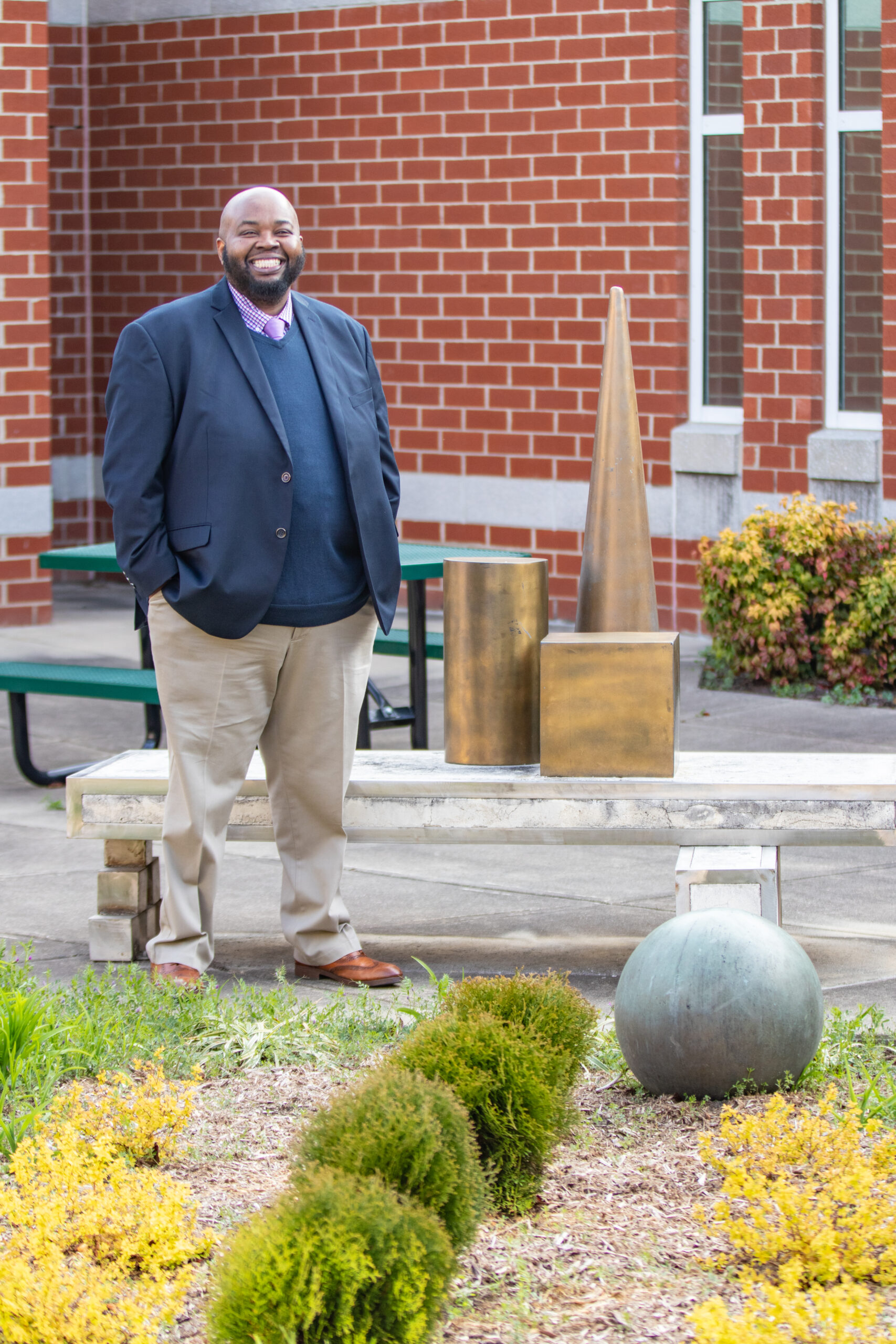
Robinson uses the first few weeks of every semester to firmly establish an open environment and ensure that he understands each student’s strengths and weaknesses.
“All of my students feel valued in my classroom because I make it a safe space for their voices to be heard,” he said. “My students also know that we are all working together to create positive solutions for everyone. They never have to feel like they are doing this alone. Whenever you create that equitable culture, everyone benefits from it.”
Robinson also recognizes the importance of being a positive black male role model. Affectionately known throughout the school building as “Big Rob,” Robinson knows that his very presence is providing a new standard for his students.
In a statement, James Lane Virginia Superintendent of Public Instruction said, “Rodney’s passion for kids and his dedication to ensuring that all students have the opportunity to maximize their potential shines through in everything he does, each and every day. “His commitment to educational excellence and supporting the social-emotional learning of his students has made a tremendous difference in the lives of Virginia students.”
The Impact of Outreach
Robinson also focuses on making sure that his students’ parents are equally connected to the process. “When my students’ parents come to visit them at the detention center, my primary focus is to make sure that they feel welcomed and accepted there,” he said. “It’s one thing for me to tell a student to stay in school and do the right thing, but it’s another when their parent is connected, echoing that message and everybody is on the same page. We tend to get more results with our students that way.”
He says making effective connections with parents requires open communication. “Many times, parents only hear from the school when there’s something going wrong. When you open up that door for positive communication, then when something does go wrong, it’s just a blip on the radar,” said Robinson. “It’s important to create an open culture and dialogue where parents feel welcome to participate.”
While most of his students’ parents have welcomed his open approach, Robinson emphasized that it’s important to get the reluctant parents onboard, too—particularly the parents of students who have had difficult or demoralizing experiences with the school system.
“You have to treat the relationship the same as when you have a reluctant student. You have to figure out what their problems and concerns are,” he said. “I have to think about what I can do to alleviate their concerns. It’s really helpful to hear what they have to say so that I can get to the root of their problem to help them and then further help their students.”
Building Sustainable Change
He says gaining community support is also a key component to helping at-risk students find the right path. Children don’t make choices in a vacuum—their environment has a huge impact on their success.
“My students need a lot of social and mental health services. They also need meals, job opportunities and any resources that will keep them off the streets,” he said. “When we implement these things into our communities to help our students, they will produce positive outcomes.”
Since Robinson joined the staff at Virgie Binford, he’s seen improvement in the school community—higher graduation rates for his students, fewer students returning to the detention center for repeat offenses and more students exploring positive pathways for the future, which include everything from joining the military to enrolling in culinary school.
Robinson isn’t surprised by his students’ success and feels that their potential is only limited by a lack of investment in their education and social-emotional growth.
“We tend to associate negativity with students who are in juvenile detention centers,” he explained. “I’m teaching a very vulnerable population of students with very vulnerable needs. There is a societal issue at large that we don’t provide preventative services to help the students along the way.”
Robinson said he didn’t expect that his own efforts as a teacher would reach national acclaim. As he spends a year traveling the country, he is looking forward to sharing his students’ stories.
“Whether it’s something as small as them passing a standardized test for the first time, or graduating college, it’s a joy to see them accomplish something that they didn’t believe they could achieve before,” said Robison. “Sometimes a temporary step back can be exactly what you need to help you to reach your goals in life.”
Leah Lakins is a writer, editor and founder of Fresh Eyes Editorial Services. She lives in Brooklyn, N.Y.

